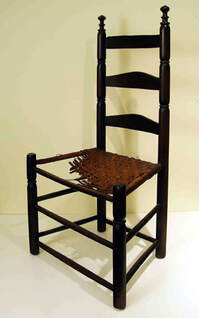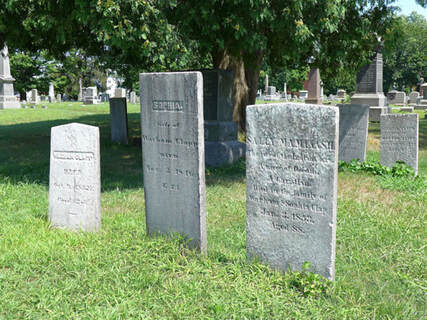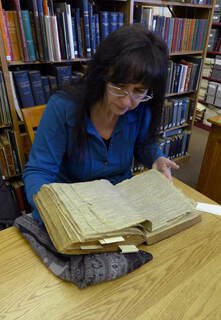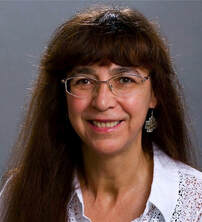Indigenous Northampton in the 19th Century:
Revisiting the History of Sally Maminash
Revisiting the History of Sally Maminash
|
Speaker:
Date: Registration: Fee: Sponsor: |
A Public Talk by Dr. Margaret Bruchac, University of Pennsylvania
Saturday, September 14, 2019 | 4:30 pm Seating is limited to 60. We anticipate a full house. To reserve your place, registration is strongly encouraged. $5 members, donors & students (with valid ID); $10 all others. Sponsored by Mass Humanities. |
This event has reached
full registration. |
One of the most intriguing gravestones in Northampton’s Bridge Street Cemetery belongs to Sally Maminash (1765-1853), a Mohegan/Nonotuck woman identified as “The last of the Indians here. A niece of Occum. A Christian.” Stories from the Hampshire Gazette recount cryptically tragic details: her mother Elizabeth murdered; her father’s gravestone stolen; and Sally trapped in a lonely corner of the room, reading her Bible. Yet, the facts show that the Maminash family did not live an isolated life on the margins of Northampton’s white society; they were highly visible in its midst. Joseph Maminash and his son (also named Joseph) both served honorably alongside their white neighbors in the American military; the father in Nathan Whiting’s 11th Company (1745) and the son in Daniel Shays’s Company (1777). Sally was well-regarded as a weaver and a member of First Church for forty years, and she was so beloved by Sophia and Warham Clapp that she was buried beside them. When we revisit these records, we also glimpse the extensive kinship networks of Native people who, despite widespread prejudice, circulated freely within their traditional homelands, marketing baskets and brooms, hiring out as day labor, and dispensing Native medicines to non-Native folks. In this talk, Dr. Margaret Bruchac critically analyzes the writings of local town historians, much in the same way that she applies reverse ethnography to the writings of anthropologists. She demonstrates how seemingly “unknown” Indigenous histories can often be recovered by dismantling the romantic stereotypes that situated Native peoples in distant times and locales, even when they were living in the houses next door.
|
Dr. Margaret M. Bruchac is an Associate Professor of Anthropology, Coordinator of Native American and Indigenous Studies, and Associate Faculty in the Penn Cultural Heritage Center at the University of Pennsylvania. She is also a consultant to the Center for Native American and Indigenous Research at the American Philosophical Society, and Director of “The Wampum Trail,” a restorative research project designed to reconnect wampum belts in museum collections with their related Indigenous communities. Bruchac has long been a consultant to Historic Northampton, Historic Deerfield, Old Sturbridge Village, and other New England museums. Her new book – Savage Kin: Indigenous Informants and American Anthropologists (University of Arizona Press 2018) – was the winner of the Council for Museum Anthropology Book Award.
|
This public talk is sponsored by





